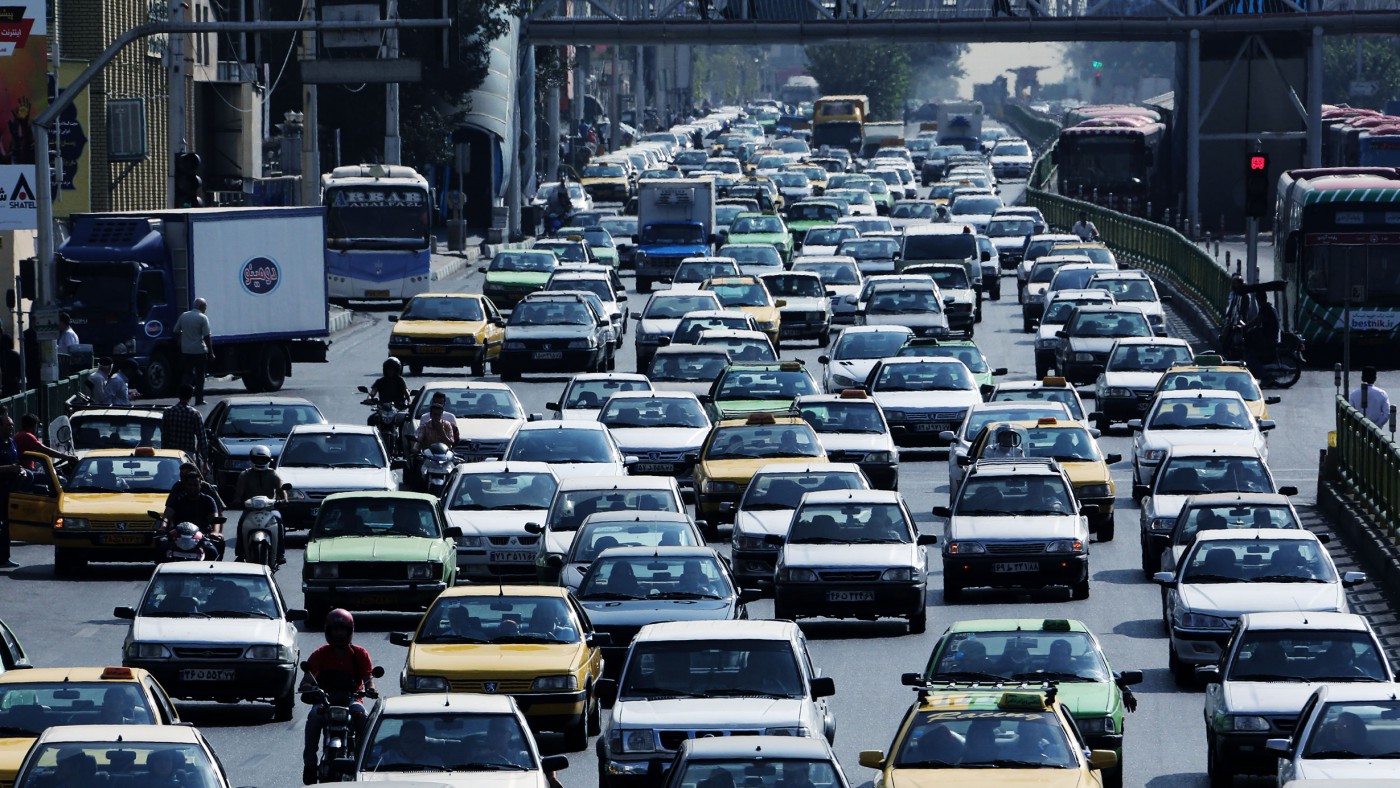With the prospect of international economic and trade sanctions loosening their stranglehold on the Iranian economy, companies from all walks of industry are gearing up for the gold rush they predict will take place once the Iranian economy is, in effect, fully plugged back into the global economy. Just today, a 100 strong French economic delegation touched down in the eastern city of Mashhad on Wednesday, meanwhile Airbus and Boeing are rubbing their proverbial wings together at the prospect of restocking Iran’s archaic airliner fleet.
Alicia Garcìa-Herrero at Bruegel is concerned that despite no lack of potential opportunities for European companies, be it for consumer goods, energy sector technology or aviation, their expectation to be at the forefront of the impending ‘gold-rush’ is far from guaranteed. At the height of the sanctions, it was China that stepped in, not only making up for the bulk of lost trade, but also providing a vital lifeline to the Iranian economy. Indeed China is now Iran’s largest trading partner when it comes to both imports and exports, with trade between the two nations rising to $51.8bn in 2014 (a 31% increase on the previous year) and that’s without even going into foreign direct investment and their involvement in the development of energy infrastructure, accurate statistics of which are unavailable. So not only will European and American firms face a Chinese incumbent, there is also the mistrust, built up over the past hundred years or so, and recently exacerbated by crippling sanctions that will need to be overcome.
Najmeh Bozorgmehr at the Financial Times, however, is less convinced and takes a more nuanced approach to who has the ‘upper hand’ between China and Europe. While he concedes the magnitude of Chinese-Iranian trade, he highlights the “bitter taste” Chinese business practise has left in Iran, especially in the energy sector, where some feel they have perhaps abused their position to extract unfair concessions from the cornered Iranians. He also makes the case for Western technological superiority and more appealing consumer goods, though these may unfortunately be beyond the budget of many Iranians, in the short term, due to the low purchasing power and high inflation that persist.
It therefore seems that for the short to medium turn, it is China that stands to benefit the most from the end of the international sanctions that have crippled Iran.


